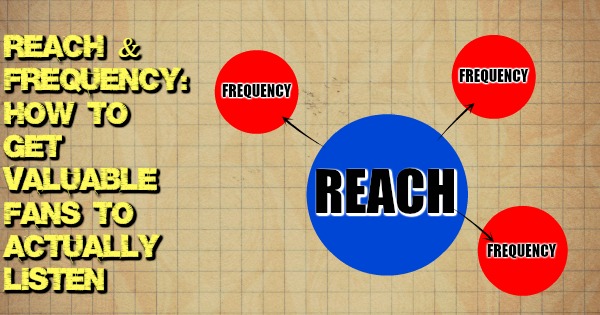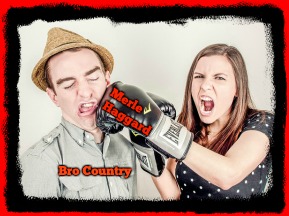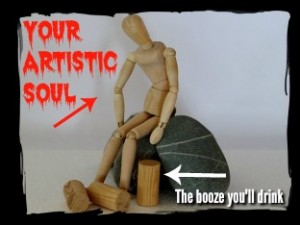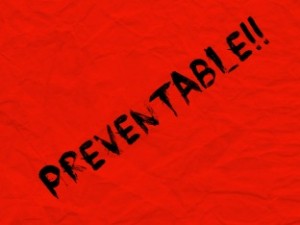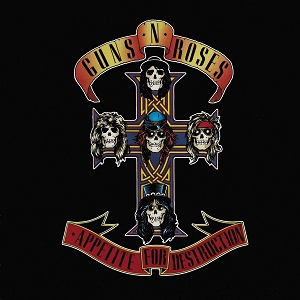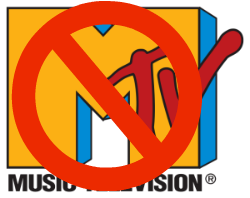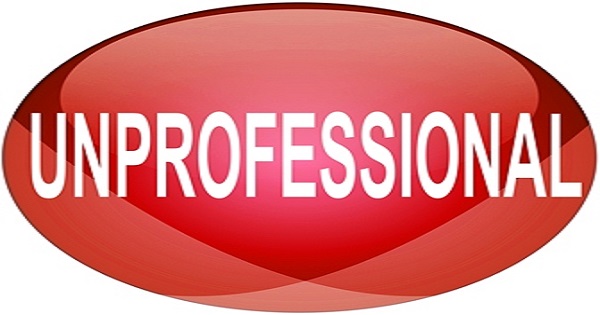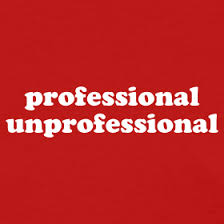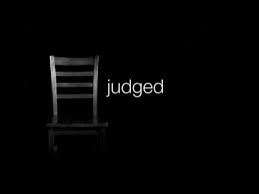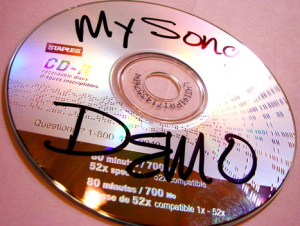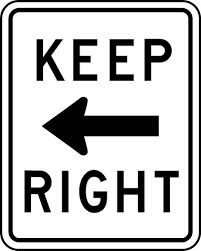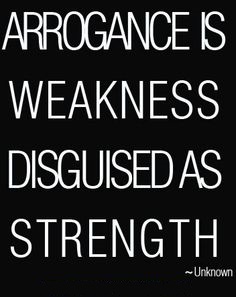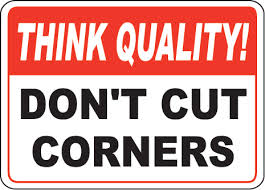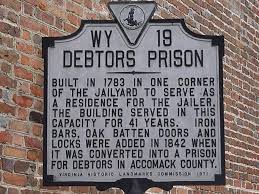Marketing of any kind requires 2 very necessary components: Reach and Frequency.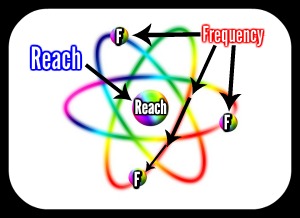
First, you have to reach the (hopefully) targeted audience.
Second, there has to be frequency on the message, regardless of how good it is, before it sinks in.
Both are expensive via the mass media.
Both aren’t working anymore via the mass media either.
Let’s look at your dreams of breaking on the radio right now; I want to focus on that.
Let’s break down both marketing components with regards your assumptions on the significance of radio spins today.
If you think about it, reach in mass marketing wouldn’t allow a whole lot of “surgical†targeting or micro-targeting. (You are a unique artist after all.)
For instance, you could be getting spins on a country station and your audience would be targeted to country but think about how segmented that is. Traditional Country (old school icons), Pop Country (Faith Hill, Carrie Underwood, Shania Twain), Bro Country (You know them), Country Rap (Big Smo, Big & Rich [remember Cowboy Troy?]), Country Rock (Jason Aldean, Eric Church), Alternative Country (Jason Isbell, Kasey Musgraves), etc.
Not so targeted, huh?
Just like you, fans have VERY divisive thoughts and opinions about each of these subcategories. This dynamic is true of any genre, by the way, like rap, rock, pop, indie, etc.
Consumers are passionate about their subgenres.
Here’s the thing, radio was super-effective and worked for 60+ years because the reach was SO big. Everybody radio reached was paying attention with fewer distractions, and up until the last 20 years, there were far fewer sub genres.
Absorb that statement, can you get your head around how efficient radio used to be?
Too many of you have false hope that if you get your hit song on the radio in any given market that it might “blow up†after people hear it once.
Let’s dissect this belief for a second.
Let’s assume for the argument that people are actually “listening†to the radio.
What does that mean, “listening�
Terrestrial radio is mostly consumed in the car. What goes on in the car (phone conversations, texting, Vining, Snapchatting, Twittering, Facebooking, YouTube, movies for the kids in back, etc.)? Who’s driving? Do they have kids?
What are they thinking about while a song presumably provides a backdrop for the onslaught of mundane errands, social media addiction, fodder-like drama, real drama, conversations, text messages, arguments, rants, road rage, and otherwise general thought processes that occur in their heads even when their favorite familiar artist is playing?
They’re NOT thinking about you.
They’re not focusing on your song.
Hell, they’re not focusing on DRIVING!
Think about how your driving habits and behavior have changed since the invention of social media and smart phones in the last 10 years.
Yikes!
Next time you are listening to the radio, I want you to try and be aware of EVERYTHING else that is going on inside your head, your car, your office, etc. Are YOU really “listening�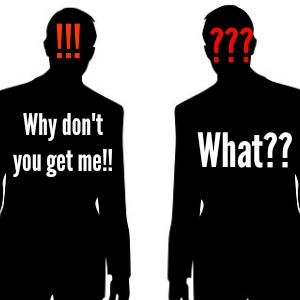
See my point?
Do you really expect anyone to “get†you and understand you as an artist after hearing one song, one time?
Here’s the sobering truth:  They’re not “listeningâ€.
They have aux cables, WiFi in the car, and their own preferences.
When it comes to the reach element of the marketing equation, you are battling people with all these distractions while the radio is playing.
Simply put, you’re not reaching anyone.
At least in terms of the reach equation with regards to terrestrial radio. ESPECIALLY on your indie budget which doesn’t allow for anywhere near enough frequency. I’ll get to that shortly.
Truth is they’re most likely avoiding the radio altogether and experiencing music they are already acquainted with emitting that conversant signal from their smartphones.
Next, who’s going to hear it exactly?
In other words, is it your targeted audience?
With Bailey James, her audience is 7-14 year old kids. What station do they listen to?
Of the reach that terrestrial radio has in a given market, how many of the people listening are in your demographic and subgenre?
Can you comprehend the erosion of consumer attention here?
How about the resultant “art by committee†that occurs to optimize your chances for being spun?
2 words: Artistic Sterilization.
The tactics for effective reach have to change if you’re to be effective. Period.
To think otherwise is to be naïve.
To be naïve is to sacrifice your artist soul forever.
Artists, your soul is at stake!
Your artist soul won’t care why you don’t have an audience. It’ll just suffer the common tragic death because there is not enough adoration and compensation for the good work.
Which creates frustration.
Which creates doubt.
These are the initial infections that lead to the gangrenous decomposition of the artist dream.
I’ll bet that one hit close to home.
Don’t trip, it’s preventable to the seekers of the truth.
Frequency, the second component of the marketing equation is equally mission critical.
Major advertisers are acutely aware of this fact and you must be as well.
You’ve heard the stories (that continue to feed your uninformed hope) about artists like Guns & Roses whose life changing Appetite for Destruction record took a year to break. They were about to be dropped. Then label owner David Geffen called in a personal favor at MTV who played the new video for the second single “Sweet Child ‘O’ Mine†at 3am on a Saturday morning and they blew up.
Yes that happened.
But not the way you imagine it.
That ONE video spin caused enough of a reaction to convince MTV it deserved a few more spins. They bought into frequency of their precious airwaves.
Which begat more video spins.
Don’t look now, but GNR blew up because good art met with reach and frequency in a medium where the market was paying attention.
Who’s paying attention today?
To be perfectly clear, it was frequency on a hugely popular NATIONALY CONSUMED television music station that no longer plays music videos and is no longer nationally consumed.
Assuming you’re on the radio and anyone is “listening†it takes a TON of spins A.K.A. frequency for your art to sink in and catch on with each individual listener.
Now, how many times are you getting spun per day in each market?
How many spins till any individual experiences enough frequency within a given market to influence them to take action and buy your single, ya know, when they get home from driving, unload the kids, stop texting, and hop off Facebook?
Get it?
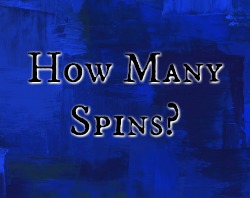 Frequency takes time even when there was an attentive mass market to influence. Most radio promo campaigns take at least 35 weeks to get traction with established iconic stars never mind a new emerging artist.
Frequency takes time even when there was an attentive mass market to influence. Most radio promo campaigns take at least 35 weeks to get traction with established iconic stars never mind a new emerging artist.
Frequency is also expensive on mass media.
Expensive means its cost prohibitive to the indie artist like you.
This is why radio promo has become a poor, archaic approach to any new artist’s promotional strategy. Even to the majors with million dollar budgets.
It used to work, now it doesn’t.
Get over it.
Wow, that sounds disappointing doesn’t it?
Ready for the good news?
 Frequency is FREE if you have the audience’s permission.
Emails, text messages, social media posts, tweets, snapchats, etc. are free once you get their attention.
It used to be that your music opened the door and got you noticed within a market. That is no longer true.
Now, you have to break through another way, and the quality of your music is what keeps you in the room.
Stop fighting the way you “think†it should be or the way it “used†to be and start imagining how you can break through with the way it is.
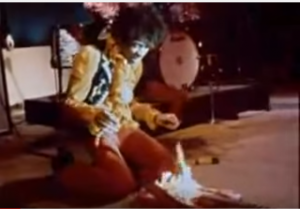 Jimi Hendrix, one of the ultimate rock guitar Gods was a huge star in England that couldn’t break through the clutter of USA radio in the 60’s (when radio ruled and there was no real clutter!). He wasn’t noticed, that is to say he didn’t come into anyone’s awareness (in the States) because of his music, at first. It wasn’t until he played the Monterey Pop Festival and famously lit his guitar on fire that he caught the attention of the American people.
Jimi Hendrix, one of the ultimate rock guitar Gods was a huge star in England that couldn’t break through the clutter of USA radio in the 60’s (when radio ruled and there was no real clutter!). He wasn’t noticed, that is to say he didn’t come into anyone’s awareness (in the States) because of his music, at first. It wasn’t until he played the Monterey Pop Festival and famously lit his guitar on fire that he caught the attention of the American people.
This seemingly impromptu sacrificial burning ritual was NOT a spontaneous act from an artist “in the momentâ€, rather it was a premeditated, strategic plan put forth by his brilliant PR firm.
They (being Jimi and the PR firm) got our attention.
Then, we listened to him play.
After we opened our hearts & minds to really “listen†we truly experienced Jimi, and we responded. We fell in love!
Are you picking up what I’m putting down?
Don’t confuse the love and importance of your favorite artist’s music with the strategy that was used to get your attention.
STOP focusing on what you don’t have (money, management, radio, label deal, blah, blah, blah) and START focusing on what you DO have.
Focus on creating relationships with an audience. If you do that you’ll own what the marketing world considers to be the greatest asset of all, HEADSPACE and TRUST.
They’ll listen with an open heart and an open mind.
If you’re compelling, and they know & trust you, they’ll buy your music, merchandise, tickets, and anything else you suggest is cool.
You now know what the record business refuses to figure out. The numbers prove this point and the numbers don’t lie because the numbers can’t talk.
Here’s what you DO have.
Free surgically targeted reach via social media and YouTube.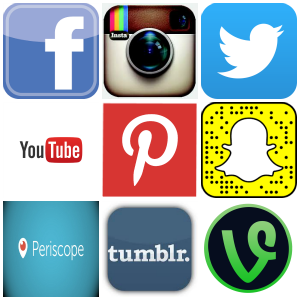
Free frequency if you’re smart enough to begin amassing contact data.
Oh, and your intelligent creative brain to begin connecting the dots.
Stay
In
Tune
If you liked the information in this article please SHARE it and comment! Thanks!
P.S. I you like podcast formats, I have a new one with hit songwriter Brent Baxter called The  C.L.I.M.B. (Creating Leverage In the Music Business). You can listen HERE for free. again, please leave a rating and a review.

